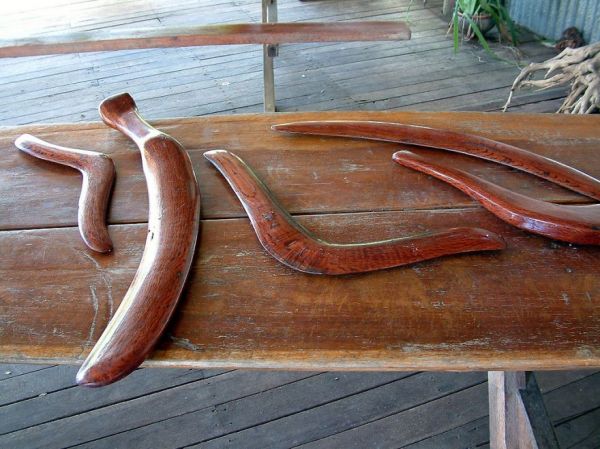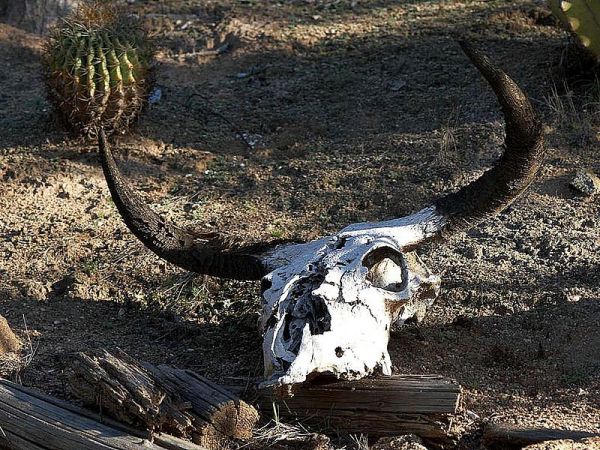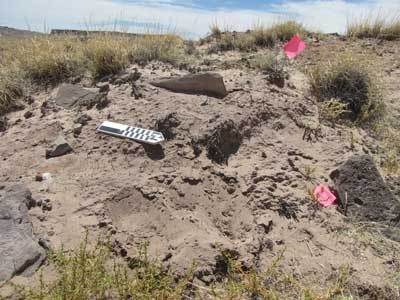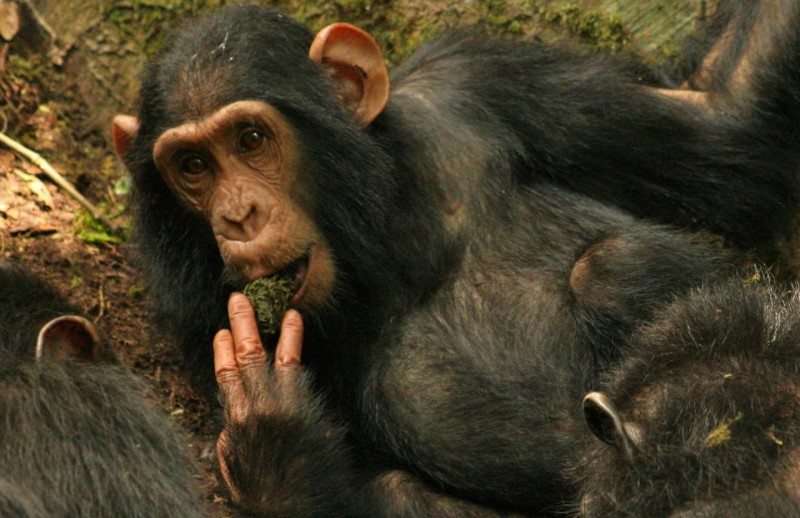by Edwin Lyngar
So many of us are clueless about business and finance.
Here's why that's just the way the investment class likes it
"Behind every great fortune lies a great crime." - Honoré de Balzac.
The
closest I ever came to acting like a rich person was two years ago when
I short-sold my primary residence. I might have been able to keep it
but strategic default made life easier. I owed about $400,000 on a
house that short-sold for $150K. The bank lost more than a quarter of a
million dollars, and I lost at least $80K in down payment and property
improvements. In a short sale the bank agrees to settle debt for the
lesser amount and the seller gets nothing but is "punished" by not being
able to finance another house for at least two years (rules vary). My
moment of acting rich was when I bought a second house before
short-selling the first to skirt around the repercussions of my own bad
luck.
When the housing market tanked a few years ago, the
government rescued every bank and business (even a damned insurance
company), while ignoring everyone else. I realized that the game was
fatally lopsided, so I didn't just walk away in middle-class shame, but
rather I employed all my (extremely limited) cunning and deviousness to
get a similar home before ditching the old one. I was able to cash in
on low housing prices from a couple of years ago, coupled with low
interest rates, to come out on top. The biggest barrier to getting a
great deal was an almost overpowering need to behave like a middle-class
sucker.
I was taught growing up to "keep my word" and that your
handshake "meant something." Yet businessmen and individual wealthy
people make decisions that are far less moral than a short sale. People
"incorporate" so they can avoid legal responsibility for individual
actions. It works great. You can stiff creditors, declare bankruptcy,
pollute daily and raid pensions to enrich individual executives. If it
all goes wrong, like it has so often for Donald Trump, you can keep your
mansions and individual fortunes. It is no accident that the best-paid
CEO in America has never made a dime for the company. If regular
Americans acted like corporations and the moneyed class, our country
would collapse in a week from systemic theft, corruption and greed.
I
always knew business was getting over on me, but I had no idea the
extent until I started looking to short-sell. I first learned all I
could about private home financing. I called up some shady investment
groups around town and questioned them at length. I didn't end up using
them, but they were frank, informative and unashamed.
"Who would pay 11 percent on a home loan?" I asked.
"Rich people," said "Bill" from the legal loan-sharking company. "The rich have terrible credit."
Rich people = bad credit: Just let that sink in.
Bill
told me in roundabout ways that rich people never pay a bill if there
is any way around it. If something goes wrong in an investment or a
business, they always preserve their own assets first. We've all heard
the generalization that they're lousy tippers.
Most Americans
are clueless about business and finance. Instead, we are a caste of
customers. We consume short-term predatory lending, school loans that
can never be discharged, inflated mortgages, high-interest credit cards,
fast food and overpriced automobiles. We "invest" in basic IRAs,
doomsday prepping or Ponzi schemes. The worst part is that no matter
how much money we gain or lose, the investor class always gets paid.
During
the same five- or six-year period my house value tanked, I also lost
tens of thousands of dollars in retirement accounts. At the same time,
my "money manager" collected a fee day after day, month after month.
Since he is the dealer of America's crack-based stock market, he got
paid regardless of performance.
Middle-class Americans just
aren't the same species of human as the wealthy, but we refuse to even
discuss the class issue in America. "Class" is for the British, even
though the U.K. now has more upward mobility. There have been many great
essays and movies about the parallel but unequal capitalist systems in
America. There exists a baffling, byzantine maze of corporate and
personal benefits enjoyed by the super-rich and investment class both
indecipherable and unavailable to regular people.
We pay banks
for the privilege of fleecing us, a fact made obvious by the growing
slice of corporate profits generated by the financial sector.
Employment in the financial sector hovers around 5 percent of the
American workforce, while they skim a third of all corporate profits off
the top. They create nothing and add nothing, so in essence, a massive
chunk of American profit is made up of handling fees.
Lest I be
accused of "sour grapes," because I'm not rich, let me be clear. I
live what used to be a middle-class life. We vacation every year
without fail, own a home and live in a nice neighborhood. My hands stay
clean at work. Of course, it could all crumble tomorrow, but for the
moment, I'm a "winner" of some kind. Because I've reached some small
level of financial stability, I've had the time to look around and see
how utterly broken the system has become for most people.
Living
a middle-class life is an impediment to meaningful change. We are
taught that we have everything we should dare to expect and capitalism
has "worked" for us. Middle-class people are also urged to hate poor
people, and those who cannot or will not work. They are the "other,"
the moocher class. Poor people are the reason you haven't gotten a
raise in five years or that your house is worthless or that your company
only gives you one week off a year. Those who have something detest
those with nothing. We're letting rich people get away with fleecing
America, while turning our rage on poor people.
When you examine
it, you cannot blame the rich for the oligarchy we've become or for
what looks more and more like the return of Dark Age feudalism. Rather,
the blame lies with my fellow work-a-day slobs who vote for politicians
and policies that favor investment and wealth over the work of regular
people. Middle-class Americans are self-flagellating and dispirited
over their own lack of wealth, as if it were a character flaw. At the
same time, they fall for the deception that everyone can be rich when,
of course, most people lack the connections, education and plain old
luck to even get close.
I can uncover an individual's actual
potential for wealth with one easy test: If you equate business
opportunity with a multilevel marketing scheme, like Amway, you will
never be rich. If that doesn't work, just ask yourself if you think
you've got a shot at winning the lottery. If the answer is "yes," you
will most assuredly die poorer than you are now.
For my entire
life (and I don't think this will ever change) I've watched friends and
family engage in one Fred Flintstone-esque, get-rich-quick scheme after
another. I've also been caught up in more of these than I'm comfortable
admitting, and they always fail, without exception. At the same time
(at least in my own circles) this starry-eyed group of middle- and
lower-class strivers vote overwhelming for the Republican Party. I find
a direct correlation with an unlikelihood to ever become wealthy
corresponding with a stronger commitment to vote Republican. They
further solidify institutional advantages of the business elite to which
they will never, ever belong.
As a public service to every
member of the get-rich-quick community I offer this: You will never
(ever) become millionaires. Not with a "paying gold claim" or a giant
Amway distributorship. Not with a system for winning at blackjack or a
rich uncle about to croak. I beg you, for your own sanity and
well-being, stop voting for more benefits for the monocle-wearing,
martini-sipping, trust fund class. They care nothing about you, your
feelings, your family, or life or death. They already have plenty, so
stop enriching them at your own expense.
I do have the start of a
solution, and it starts with America taking a hard look at itself. As a
people, we suck at self-examination, but if we can manage it let's ask:
Why does society exist? Does every human live with the sole purpose of
enriching the smallest sliver of the species? Do we consider rich
people better than the rest of us? Or, should we instead attempt to
bring the greatest good to the greatest number of people, while still
promoting innovation and competition?
I entered the
shark-infested waters of high finance with a short sale. It was the
worst ethical decision, but finest, most profitable business moment, of
my adult life. It was an informative, even transformative, experience.
People are too hesitant to talk about such dealings, especially because
most people make shitty financial decisions (like me), but this
sheepishness perpetuates systemic financial illiteracy.
As a
species, the American-brand human is reluctant to talk about fiscal
failure and our own constant victimization at the hands of faceless
corporations. Furthermore, our misplaced "ethics" in dealing with big
business, a group devoid of anything resembling morality, hurts regular
people and society as a whole. If I could legally find a way to screw
over a bank, I'd do it without hesitation. The financial industry would
screw me six ways from Sunday to save a nickel. The least I can do is
return the favor. I only wish I had more homes to short-sell.
















 2. There are also lots of cow skulls.
They’re not everywhere, but biodynamic farming techniques are on the
rise among vintners who don’t want to rely on chemicals, and this is one
trick they’ve been known to use to combat plant diseases and improve
soil PH. It’s called Preparation no. 505, and it involves taking a cow’s
skull (or a sheep’s or a goat’s), stuffing it with finely ground oak
chips, and burying it in a wet spot for a season or two before adding it
to the vineyard compost.
2. There are also lots of cow skulls.
They’re not everywhere, but biodynamic farming techniques are on the
rise among vintners who don’t want to rely on chemicals, and this is one
trick they’ve been known to use to combat plant diseases and improve
soil PH. It’s called Preparation no. 505, and it involves taking a cow’s
skull (or a sheep’s or a goat’s), stuffing it with finely ground oak
chips, and burying it in a wet spot for a season or two before adding it
to the vineyard compost.  5. Vintners exploit the food chain.
Small birds like blackbirds and starlings can clear out 20 percent of a
crop in no time. But you know what eats little birds? Big birds.
Falconry programs are on the rise in vineyards from California to New
Zealand. Researchers have found that raptors eat a bird or two a day
(along with a proportion of field mice and other critters) and cost only
about as much to maintain as your average house cat.
5. Vintners exploit the food chain.
Small birds like blackbirds and starlings can clear out 20 percent of a
crop in no time. But you know what eats little birds? Big birds.
Falconry programs are on the rise in vineyards from California to New
Zealand. Researchers have found that raptors eat a bird or two a day
(along with a proportion of field mice and other critters) and cost only
about as much to maintain as your average house cat.  7. The big problems in tasting rooms are very small. Winemakers are constantly seeking ways to manage the swarms of Drosophila melanogaster
that routinely gather around the dump buckets in their swanky
showrooms. You know these pests as fruit flies, and some vintners in
California are exploring ways to use carnivorous plants to tackle the
problem without pesticides. Butterworts, sundews, and pitcher plants all
have sweet-sounding names, but the bug-eating predators make for
terrific fruit fly assassins, and you’ll see them decorating tasting
rooms across wine country.
7. The big problems in tasting rooms are very small. Winemakers are constantly seeking ways to manage the swarms of Drosophila melanogaster
that routinely gather around the dump buckets in their swanky
showrooms. You know these pests as fruit flies, and some vintners in
California are exploring ways to use carnivorous plants to tackle the
problem without pesticides. Butterworts, sundews, and pitcher plants all
have sweet-sounding names, but the bug-eating predators make for
terrific fruit fly assassins, and you’ll see them decorating tasting
rooms across wine country. 















